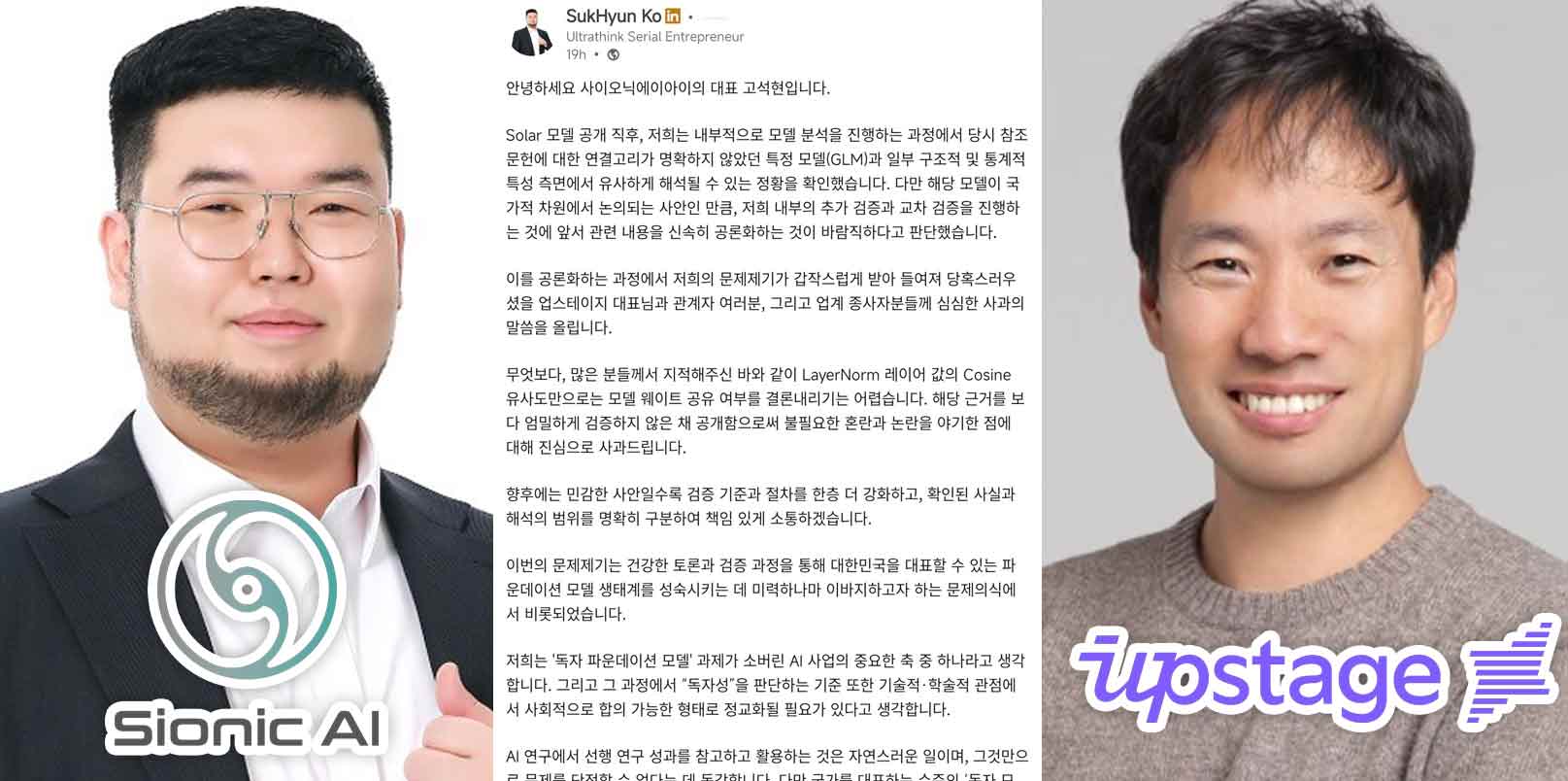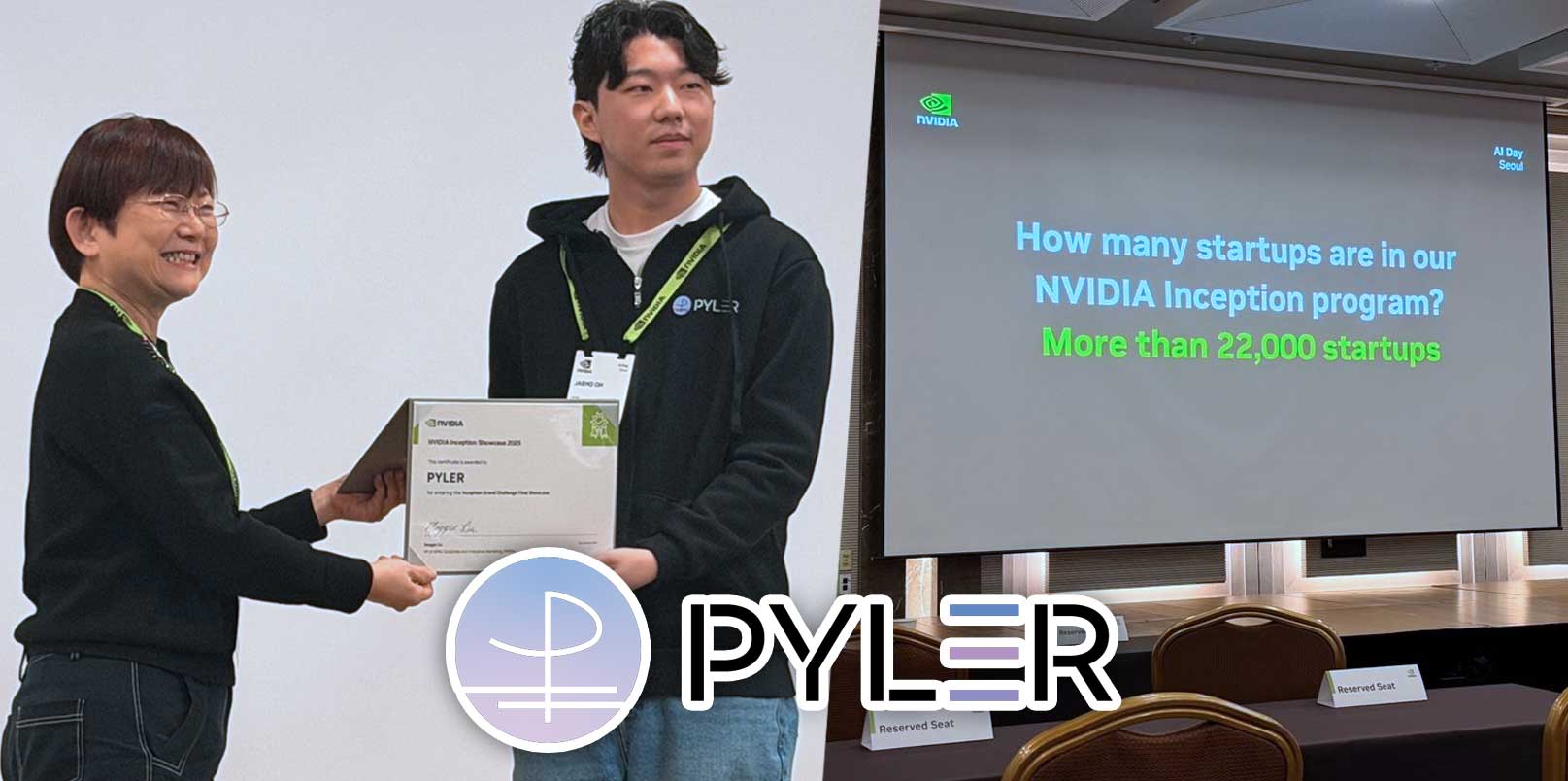A Korean startup Konolabs is making scheduling meetings an easier task for corporate employees with its artificial intelligence-based scheduling bot – Kono. Kono is proving to be a smart scheduling assistant with its user-friendly process. It has rave reviews from users, who find it a convenient tool that works for them 24/7.
Assisting through smart methods
Kono can sync with calendar apps like Google calendar on a user’s smartphone and help in scheduling meetings or events. The user must simply register their email with the Kono AI website and grant them permission to access the calendar. The smart digital assistant can spot words like ‘meeting’ or ‘conference’, etc., written in emails and organize it in the calendar. Kono also helps in organizing meetings with multiple people at different time zones. With longer use, Kono can detect the user’s patterns and improves upon scheduling through algorithms.
Kono is also safe to use from a privacy viewpoint as it only collects scheduling related data and ignores any other data. The startup has taken technical measures to protect users’ data and has achieved ISO 27001/27018, the most widely recognized standard internationally for security control requirements within Information Security Management Systems (ISMS) and personally identifiable information (PII) in the cloud.
Promising startup with goals to enhance features
The startup Konolabs was founded in 2014 by three experienced Korean engineers, who have long worked in the mobile and web industry. Konolabs’ CEO YJ Min had worked as a developer in Daum Communications for 19 years before launching Kono.
The startup has raised $8.5 million funds from multiple investors that include Silicon Valley accelerator 500 Startups and MashUp Angels. In 2016, Konolabs won the TechCrunch pitch-off in a 10-company competition at the event.
Kono is a free to use service for individuals and corporate clients. There is a paid package that includes additional customization features. Kono is available in English and Korean, but the company wants to build it more languages in the future.





